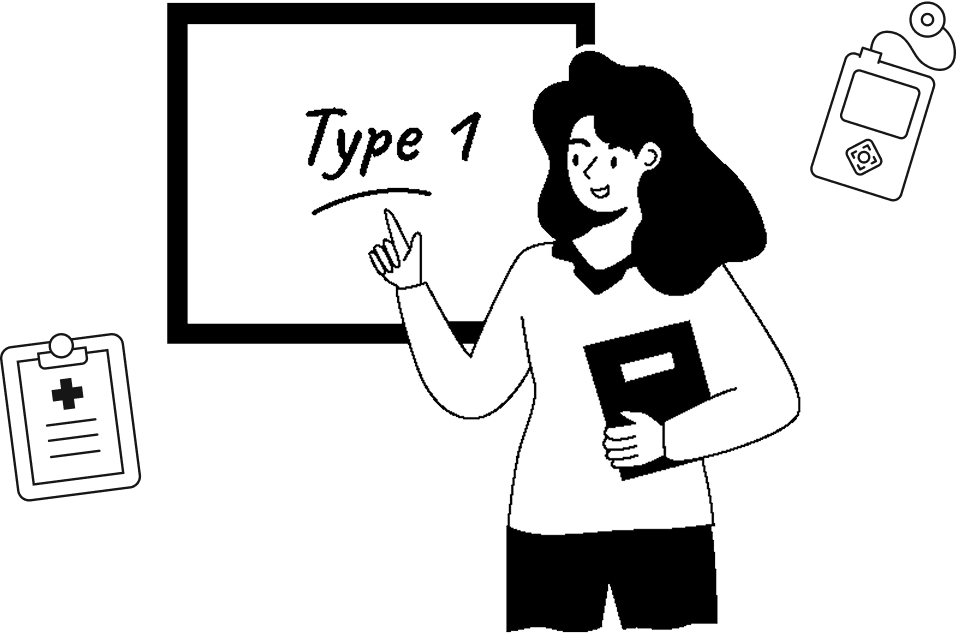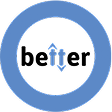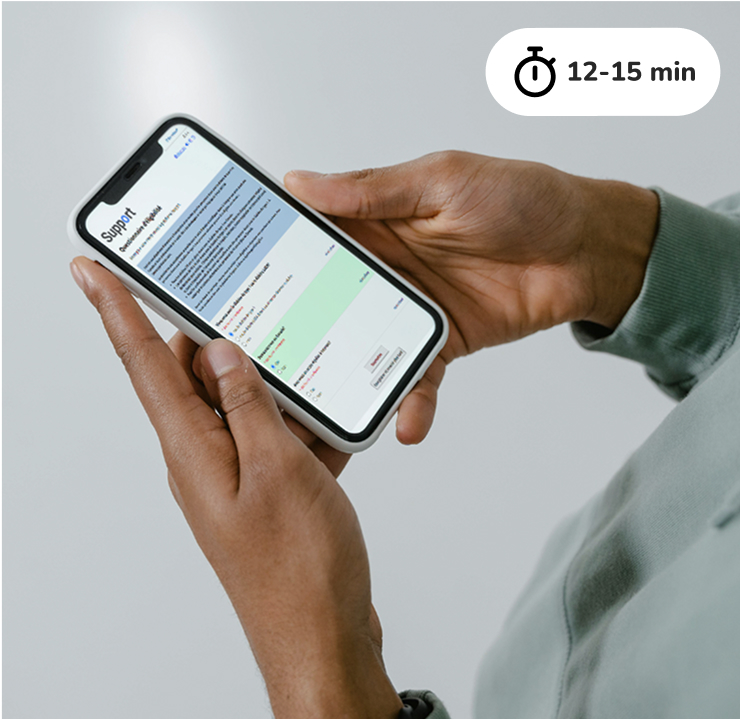Last March, Canada became the very first country to authorize a once-weekly “super slow” basal insulin. Novo Nordisk’s icodec insulin, which will soon be available in pre-filled pens, is called AWIQLI. (Notice the pun: awiqli, or “weekly”.)
This insulin is currently only intended for adults with type 1 (T1D) or type 2 (T2D) diabetes who are using insulin injections for their treatment.
How does it work?
Insulin icodec acts slowly throughout the day and night over a period of seven days. It meets “basic” insulin needs, but doesn’t cover, for instance, mealtime insulin needs. So, it must always be used in conjunction with rapid insulin.
Among other characteristics, insulin icodec takes much longer to be absorbed by the body than other slow-acting types of insulin available on the market (e.g. Degludec/Tresiba(R) or Glargine U-300/Toujeo(R)), through two main mechanisms:
- After it is injected under the skin, its molecules dissolve very slowly and gradually enter the bloodstream.
- In the bloodstream, insulin icodec binds more strongly to the protein called “albumin” than other basal types of insulin available on the market, allowing it to remain in the body for several days.
Tested in over 4,000 adults living with T1D and T2D
Insulin icodec was first tested in 3765 people living with T2D. Results showed that it was as effective as insulin glargine (Glargine U100: Basaglar, Lantus) and didn’t cause more hypoglycemic episodes.
A subsequent clinical trial in 582 adults with T1D demonstrated that the efficacy of insulin icodec’s in terms of glycated hemoglobin levels and time spent in target range (4.0-10.0 mmol/L) was similar to that of insulin degludec (Tresiba). However, the risk of hypoglycemia was greater.
It should be noted that this treatment has not been tested in the population aged 0–18 years, and that few people aged 65 years and older with T1D participated in the studies.
Beware of hypoglycemia
AWIQLI can increase the risk of hypoglycemia in people living with T1D, especially between the second and fourth day following the injection, when it’s at its most effective. This well-measured risk, although moderate, will be a significant hurdle to its use as a treatment for T1D. Not to mention, dose adjustments are more restricted due to the insulin’s week-long duration of action.
The role this insulin will play in the treatment of T1D remains to be determined. For instance, AWIQLI may be suitable for adults who struggle to take daily injections of basal insulin.
Cost and insurance coverage
According to B.C. PharmaCare, AWIQLI will be sold at the same price as Tresiba ($1,085 to $1,357/year) in British Columbia.
Canada’s Drug and Health Technology Agency is currently exploring the possibility of recommending public coverage of AWIQLI for adults living with T2D across the country (except in Quebec), with an announcement expected in May 2024. B.C. PharmaCare and the Institut national d’excellence en santé et en services sociaux (INESSS), in Quebec, are also exploring this avenue.
Public coverage for people with T1D in Canada is not currently being considered. Whether private insurance plans or will cover this treatment or not is yet to be determined.
Some features of AWIQLI
- Super concentrated insulin: 700 u/ml, instead of the usual 100 u/ml for slow-acting types of insulin such as Basaglar/Lantus(R), 200 u/ml for Tresiba(R) or 300 u/ml for Toujeo(R).
- Should be available in 1 ml (700 u), 1.5 ml (1050 u) or 3 ml (2100 u) pre-filled pens.
- Should be stored in a refrigerator (2˚C to 8˚C) before use, and at room temperature (under 30 °C) for a maximum of 12 weeks once opened.
- Unlike other basal insulin preparations, dose adjustments must be made in 10-unit increments rather than 1 to 4-unit increments. It should also be noted that the first doses should be increased in order to reach the desired blood concentration more quickly.
- Must not be used in insulin pumps.
- No more than one injection per week.
- Contraindicated in pregnant patients or in patients with significant renal insufficiency.
- No possibility of extracting with a syringe, as these are marked for 100 u/ml types of insulin.
Although studies have already been conducted with people with T1D, much is yet to be discovered regarding dose management in different settings (e.g., physical activity, surgery, sick days). Currently, this insulin appears to be more suitable for people with T2D who need treatment with insulin.
However, if you’d like to know whether this new insulin is suitable for you, don’t hesitate to discuss it with your healthcare team.
References :
- Novo Nordisk Canada. Patient medication information – AWIQLI. https://www.novonordisk.ca/content/dam/nncorp/ca/en/products/awiqli-en-consumer-information-12-march-2024.pdf
- Novo Nordisk, ONWARDS study. file:///d:/Downloads/Novo%20Nordisk%20ONWARDS%20phase%203%20trials%20infographic_FINAL_20.06.23.pdf
- Russel-Jones, D. (2023). Once-weekly insulin icodec versus once-daily insulin degludec as part of a basal-bolus regimen in individuals with type 1 diabetes (ONWARDS 6): a phase 3a, randomised, open-label, treat-to-target trial. The Lancet 402(10413): 1636-1647. https://pubmed.ncbi.nlm.nih.gov/37863084/
- Agence européenne des médicaments. (2024). Awiqli. Page consulted on March 28th, 2024. https://www.ema.europa.eu/en/medicines/human/EPAR/awiqli#news-on
- Harpreet S. Bajaj and Ronald M. Goldenberg. (2023). Insulin Icodec Weekly: A Basal Insulin Analogue for Type 2 Diabetes. touchREV Endocrinol. 19(1): 4–6. https://www.ncbi.nlm.nih.gov/pmc/articles/PMC10258611/
Written by: Nathalie Kinnard, scientific writer and research assistant
Reviewed by:
- Rémi Rabasa-Lhoret, MD, Ph.D.
- Sarah Haag, R.N., B.Sc.
- Anne-Sophie Brazeau, P.Dt., Ph.D.
- Nadine Taleb, MD, Ph.D.
Linguistic revision by: Marie-Christine Payette






